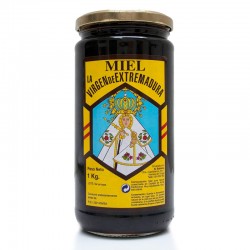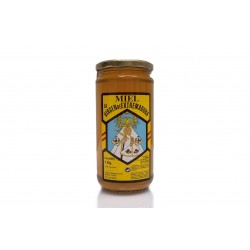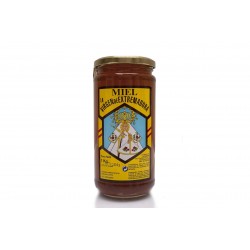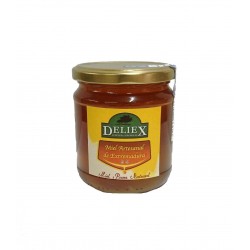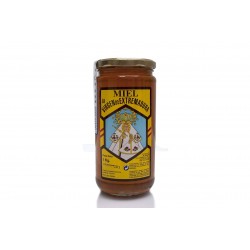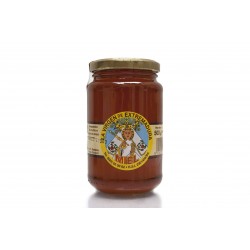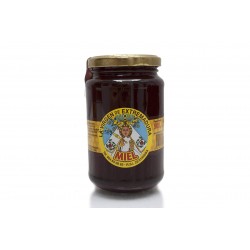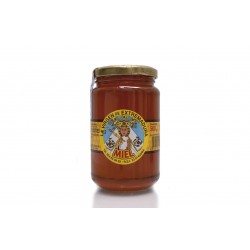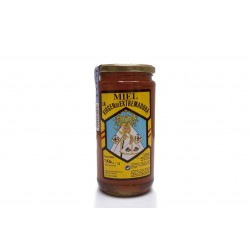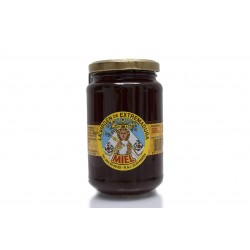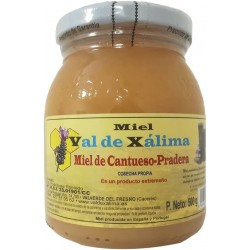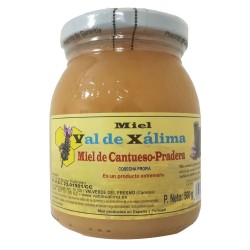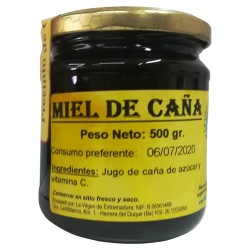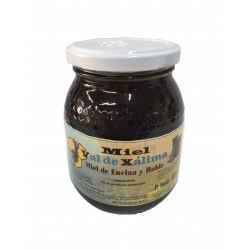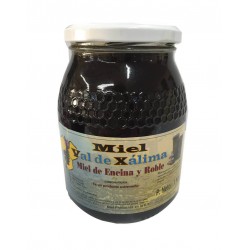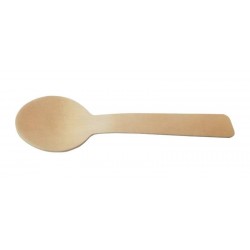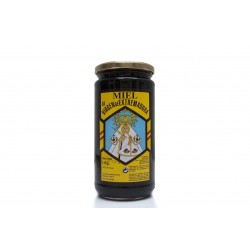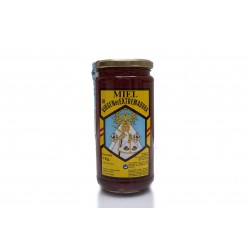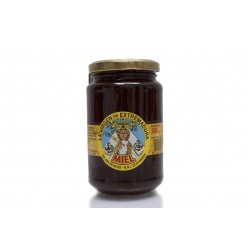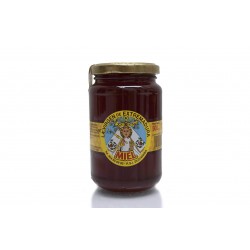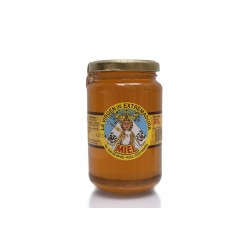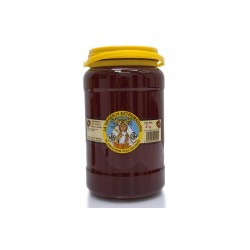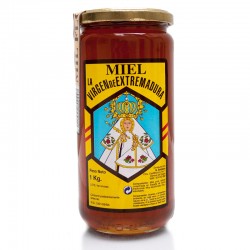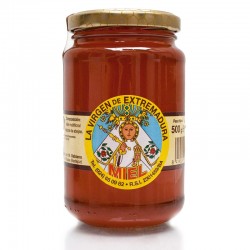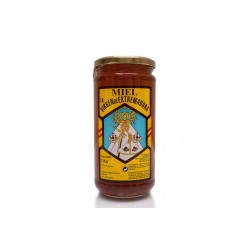Christmas lots, gourmet gift baskets and corporate gifts.
25 products
Grid
Grid-2
List
List-2
Catelog
€9.85€10.95Regular price-10% offPrice
Honey
We bring you this Pure Holm Oak Honey in a glass jar weighing 1kg. A honey obtained from bee hives located in the Spanish dehesas, a honey that you must try!
€9.85€10.95Regular price-10% offPrice
00
day
00
hour
00
min
00
sec
€9.85€10.95Regular price-10% offPrice
Mono-floral
Artisan and natural honey from Azahar.
€9.85€10.95Regular price-10% offPrice
00
day
00
hour
00
min
00
sec
€9.85€10.95Regular price-10% offPrice
Mono-floral
Natural eucalyptus honey in a 1 kilo glass jar.
€9.85€10.95Regular price-10% offPrice
00
day
00
hour
00
min
00
sec
€5.31€5.90Regular price-10% offPrice
Natural and pure eucalyptus honey
€5.31€5.90Regular price-10% offPrice
00
day
00
hour
00
min
00
sec
€9.85€10.95Regular price-10% offPrice
Natural and pure rosemary honey
€9.85€10.95Regular price-10% offPrice
00
day
00
hour
00
min
00
sec
€5.31€5.90Regular price-10% offPrice
Pure Rosemary Honey
€5.31€5.90Regular price-10% offPrice
00
day
00
hour
00
min
00
sec
€5.31€5.90Regular price-10% offPrice
Honey
1/2 kg glass jar
€5.31€5.90Regular price-10% offPrice
00
day
00
hour
00
min
00
sec
€5.31€5.90Regular price-10% offPrice
Honey
Honey bee of thyme flower in glass jar 500 g
€5.31€5.90Regular price-10% offPrice
00
day
00
hour
00
min
00
sec
€9.85€10.95Regular price-10% offPrice
Honey
Natural thyme honey
€9.85€10.95Regular price-10% offPrice
00
day
00
hour
00
min
00
sec
€5.31€5.90Regular price-10% offPrice
Chestnut honey (500 g)
Chestnut honey is extracted mainly from chestnut flowers. This type of honey is very rich in iron, so it is advisable that people with anemia.
Presentation: Jar of 500 g.
€5.31€5.90Regular price-10% offPrice
00
day
00
hour
00
min
00
sec
€9.85€10.95Regular price-10% offPrice
Thyme Honey of Sierra de Gata
€9.85€10.95Regular price-10% offPrice
00
day
00
hour
00
min
00
sec
€5.18€5.75Regular price-10% offPrice
Val de Xálima honey thyme
€5.18€5.75Regular price-10% offPrice
00
day
00
hour
00
min
00
sec
€5.04€5.60Regular price-10% offPrice
Buy cane honey 500 grams online
€5.04€5.60Regular price-10% offPrice
00
day
00
hour
00
min
00
sec
€5.58€6.20Regular price-10% offPrice
Honey oak and oak Val de Xalima 500gr
€5.58€6.20Regular price-10% offPrice
00
day
00
hour
00
min
00
sec
€9.85€10.95Regular price-10% offPrice
Honey oak and oak Valverde del Fresno
€9.85€10.95Regular price-10% offPrice
00
day
00
hour
00
min
00
sec
€0.15€0.17Regular price-10% offPrice
Details for wedding, communion, celebration
Spoon with wooden scoop tasting jam and honey
€0.15€0.17Regular price-10% offPrice
00
day
00
hour
00
min
00
sec
€9.85€10.95Regular price-10% offPrice
Honey
Chestnut honey (1kg)
Chestnut honey is extracted mainly from chestnut flowers. This type of honey is very rich in iron, so it is advisable that people with anemia.
Presentation: Jar of 1 kg.
€9.85€10.95Regular price-10% offPrice
00
day
00
hour
00
min
00
sec
€9.85€10.95Regular price-10% offPrice
Mono-floral
Mono-floral heather honey, 1 kilo glass format
€9.85€10.95Regular price-10% offPrice
00
day
00
hour
00
min
00
sec
€5.31€5.90Regular price-10% offPrice
Honey
Natural and pure heather honey in glass jar 1/2 kilo
€5.31€5.90Regular price-10% offPrice
00
day
00
hour
00
min
00
sec
€5.31€5.90Regular price-10% offPrice
Natural and pure honey Sierra de Guadalupe.
€5.31€5.90Regular price-10% offPrice
00
day
00
hour
00
min
00
sec
€5.31€5.90Regular price-10% offPrice
Pure orange blossom honey 500gr
Very sweet, natural , creamy, fragrant and soft on the table. The orange blossom honey comes from the citrus crops of the Spanish east. Its color varies from white to light amber being crystallized, and amber more or less transparent in a liquid state.
€5.31€5.90Regular price-10% offPrice
00
day
00
hour
00
min
00
sec
€16.16€17.95Regular price-10% offPrice
Honey Carafe Milflores 2 kg
€16.16€17.95Regular price-10% offPrice
00
day
00
hour
00
min
00
sec
€9.85€10.95Regular price-10% offPrice
1 kilo glass jar
€9.85€10.95Regular price-10% offPrice
00
day
00
hour
00
min
00
sec
€5.31€5.90Regular price-10% offPrice
Honey honey in glass jar 1/2 kilo.
€5.31€5.90Regular price-10% offPrice
00
day
00
hour
00
min
00
sec
€9.85€10.95Regular price-10% offPrice
Honey
Jar of 1kg of oak honey from Spain, from the brand La Virgen de Extremadura.
€9.85€10.95Regular price-10% offPrice
00
day
00
hour
00
min
00
sec















